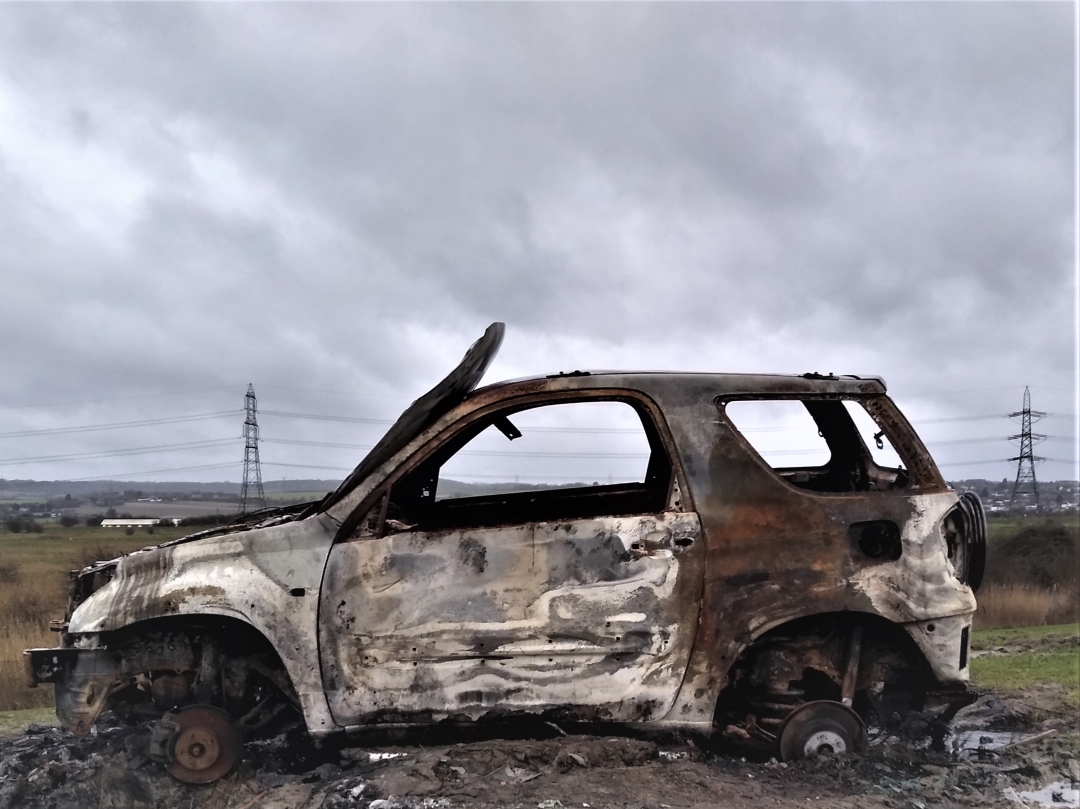London Poems
Christmas 2020

There may be snow this year, and icicles;
crunchy footsteps, misty breath and bubbles
in puddles under frost-frozen glass;
crystals may sparkle in winter-white grass.
Like when fresh-fallen snow blankets the ground,
pure Christmas love is quietly profound;
and, as with morning sun-gold blue-cold airs,
its perfect peacefulness is everywhere.
There will be warmth in strong hands of friendship
melting distrust and softening hardships,
kindling beacons for far-apart families,
burning injustice with words such as these.
Light will return to the shadow-cast earth;
rain-laden winds are forecasting birth;
new springs will grow through the ashes of pain
and women and men will walk tall again.
The Dairy
Hospital-clean, the cold-washed concrete floor
drains towards the middle, flushing muck
to sluices. Wide galvanised sliding doors
hang on corrugated wall panels tucked
under impermanent eaves. Strip lighting —
and hydraulic noise from electric pumps
attached to numbered livestock sucking
liquid milk to multi-gallon sumps —
offends against the sweet smell of the dairy.
The shed is full of moisture-laden breath,
gleaming Friesian hides, bulging curves and eyes.
An exhausted kindness, rich and homely,
gains the upper hand; nature’s gentle strength
comes by and wins with lowing lullabies.
ilm Dafydd ap Goronwy Griffith (15 May 1934 – 15 April 2020)
Pictures of Dafydd on the Talyllyn Railway with George and Mariella; and then at Merrow with my Mum and Uncle (his cousins), my Granny (seated) and James and Mary (my brother and sister.) It was taken in October 1977 about the same time as The Dairy memory recalled in the poem. Dafydd was the dairyman.
No Words Today
 Just poetry of springtime in the woods.
Just poetry of springtime in the woods.Rhapsody in Pink
For a few moments, maybe some minutes,
let’s dreamy drift into the feather crush
of London’s clouds of cherry blossom bliss.
The buds, which season-swell with ruby flush,
fill as racing pulses fill impatient
flesh with rhapsodical urges to burst.
Then Beauty comes in given radiance
and resting adoration of the first
and lasting shapes and shades of love.
It comes in silence after flowering,
where stillness is reflected in the sky,
colour pinks the ruffling swirls above,
sense enslaves the energies of thinking
and, for some moments, we are gratified.
Winter Again

As winter ends, winter starts again.
Late March warmth lies with coughs and fever,
face-grey shadows darken longer days,
and high-sky sun shines on windowless wards.
Hospital green is the season’s colour.
Garden foxes play in rose-dawn light,
rising doubt hangs in latent streets, odd wasps
drift between blossoms spreading and seeding
unwanted fruit, and the numbers explode
like purple globes of allium blooms.
Thoughts of renewal are not what they were:
first-cut strips of grass mask earth beneath
and, at a safe distance, tender leaves grieve.
Summertime begins. Winter starts again.
Sonnet

Nights are the worst: dark acres of time are
unfilled with anything but low noise
as cars burr along the northbound carriageway.
Mum is cold, anxious in unsettled grief.
There’s no point getting up: without him there’s
nothing to do. Days see diversions but
now, why does sitting there beat lying here?
Wide awake in darkness she heard herself
say: “Dada?” and reach out her hand. He used
to take it and warm it. This cold, Dada-less
night, as she reached for him again, he
warmed her again. The sheets softened, the noises
dissolved and she stopped thinking. She felt
him, she knew he was nearby and she slept.
The Calm before the Quiet
It is pretty ugly between Gravesend
and Stone Crossing. Puzzling through Rosherville,
to Northfleet’s exhausted ragstone quarry,
Kimberly Clark is making Andrex.
At Ebbsfleet, the footpath runs in zigzags
spanning voids and empty strips of railway
behind galvanised pikes battened by bars.
Half an hour later we see discarded
bottles of corrosive tipped in a ditch
and wild snapdragons grow beside hawthorns
spray-painted grey with exhaust-fume silt.
We take a wrong turning, re-trace our steps,
pass a builders’ merchant’s stockpile of slabs
and an elephants’ graveyard of buses.
At Greenhithe the rain comes. Soon silent Spring
will spread – not unlike the virus – and hide
hedgerow crud beneath blankets of brambles,
nettles, bindweed, storksbill and bittercress.
Cliffe to Gravesend
Same train, same bus, same strange metal giraffes.
This, though, is different. The storm wind is armed:
tiny water dumdums, as hard as ice,
spear and splay, needling my defenceless face.
Plastic mud-larky litters the foreshore:
old rope, smashed flowerpots and bookies’ pens
blown out of the water by gale forces.
At Shornemead Fort we rest and eat our pies.
We pass short-shank horses and burnt out cars.
We walk the wet backs of Gravesend boatyards.
Shocked and silenced, we board the train back home.
Cliffe

Waxy sunshine, low in the winter sky,
makes twilight in the middle of the day.
Weird palavers of birds – lapwings we think –
stretch and compress: twist, swoop, and come to rest.
Flat against the north horizon, motionless,
stand strange giraffes on London Gateway Docks.
Uncle Iolo, centential

29 January 1920 – 5 April 2009
I am remembering my Uncle Iolo with a bitter-sweet chuckle. The letter dates from 1940, as does the photo, I’d guess. It begins: “Now that our British Winter has set in, campaigning is less than ever a picnic. Well keep your bowels open and keep as dry as possible. A good motto for the dark days . . .”








Recent Comments